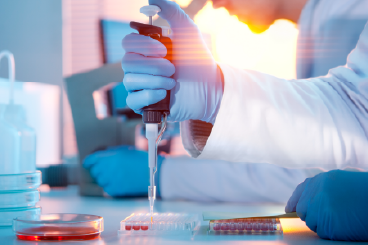Leukemia Research Foundation Awards $1.4M in Research Grants
Northfield, Illinois (July 14, 2021) – The Leukemia Research Foundation is proud to announce the funding of 14 blood cancer research grants for the 2021-2022 funding year. These one-year grants of $100,000 each were awarded to New Investigator researchers through the Foundation’s Hollis Brownstein Research Grants program.
“New Investigators are a key niche of innovative scientists who are beginning to establish their own laboratories and are no longer under the tutelage of a senior scientist mentor. The funding enables New Investigators to act on their ideas, and try new procedures and experiments that will lead to significant breakthroughs,” said Kevin Radelet, executive director of the Leukemia Research Foundation. “Funding New Investigators is critically important in our efforts to conquer all blood cancers.”
Grantees are evaluated by the Leukemia Research Foundation’s Medical Advisory Board, a 30-member board led by Chairperson Patrick J. Stiff, MD, Division Director, Hematology/Oncology at Loyola Medicine. Using the same methodology employed by the National Institutes of Health (NIH), the Board evaluates dozens of blood cancer research grant proposals to identify which projects are worthy of funding from the Leukemia Research Foundation.
This year marks the largest number of grants the Leukemia Research Foundation has ever funded. Grantees include researchers worldwide, with projects in genomics, immunotherapies, stem cell biology, and more.
Click here for a complete list of grantees and their blood cancer research projects.
Since 1946, the Leukemia Research Foundation has funded more than 600 research projects on five continents in pursuit of better treatments and the ultimate cure for leukemia. Learn more about the Leukemia Research Foundation’s impact on research.



